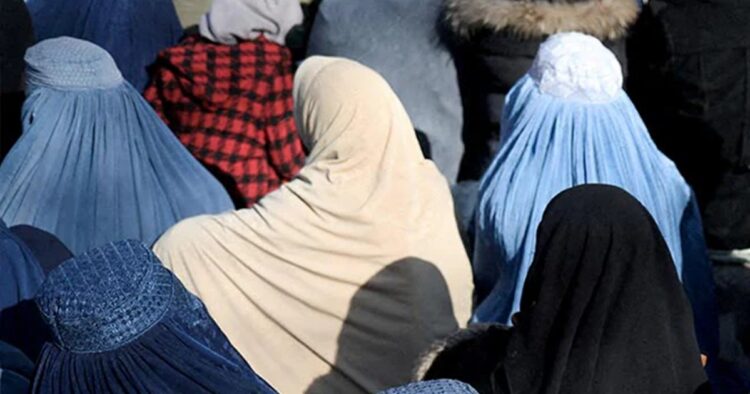In a shocking announcement aired on state television, Mullah Hibatullah Akhundzada, the Taliban leader, declared a return to strict Islamic Sharia law in Afghanistan. This declaration includes brutal punishments for women accused of adultery, such as public floggings and stonings to death. Akhundzada reaffirmed the Taliban’s commitment to opposing Western democracy and implementing Sharia law in the country.
The Taliban’s strict interpretation of Sharia law clashes with international standards of women’s rights. Akhundzada dismissed Western notions of women’s rights as contrary to Islamic principles and vowed to resist Western influence for decades to come. He emphasized the Taliban’s determination to enforce Sharia law, disregarding Western criticism and calls for moderation.
The resurgence of Taliban rule follows the collapse of the Western-backed government in 2021, which had been in power for two decades since the US-led invasion in 2001. Despite being ousted from power in 2001, the Taliban persisted and eventually regained control of Afghanistan. Since their return to power, the Taliban have targeted those who collaborated with the previous government and have reinstated harsh Islamic laws reminiscent of their previous rule from 1996 to 2001.
During their previous rule, the Taliban imposed severe restrictions on women, prohibiting them from attending school or working outside the home. Women were required to wear the burqa and were accompanied by male relatives when leaving the house. The Taliban also enforced punishments such as amputations for thieves and public executions by stoning for adulterers.
The recent announcement by the Taliban leader has sparked widespread outrage among Afghans, particularly women, who fear for their safety and rights under Taliban rule. Former civil servant Tala expressed her fear and frustration, describing the daily imposition of restrictions on women, which she likened to living in a prison with diminishing freedoms and hope.
Despite initial promises of a more moderate government, the Taliban’s actions have demonstrated a return to their harsh interpretation of Sharia law. The United Nations has strongly condemned the Taliban’s actions and called for an end to the brutal treatment of women in Afghanistan.
As the Taliban solidifies their grip on power, the international community faces renewed concerns about the rights and freedoms of Afghan women and the broader implications for human rights in the region.

















Comments